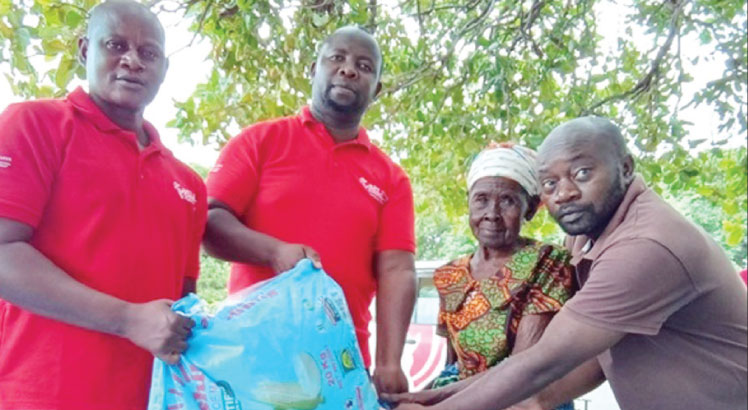People around Navingozi Forest Reserve in Salima District have formulated by-laws to protect the forest from depletion.
This came to light on Thursday during a peer learning session with participants in the National Ecosystem Assessment Trialogue in Traditional Authority Kuluunda.
In an interview, Sustainable Cape Maclear team leader John Matewere said they learned from the Navingozi Community that indigenous knowledge was essential to sustain and restore natural resources and ecosystem because community members are familiar with the ideologies.
Fish is one of the resources under threat
He said: “For better restoration of the environment, embracing what we have learned here will be of great importance since community members are under traditional leaders.
“So, it will be easy for them to do and practise what their leaders are portraying as examples in managing the eco-system.”
Senior Chief Makanjira of Salima said traditional ways assist them in protecting the environment, citing Mbenje Island in his area where fishing activities are regulated by following traditional ways.
Department of Environmental Affairs deputy director Benon Yasini said working with both indigenous and scientific knowledge will integrate essential ideas in restoring ecosystems.
“The assessments and the peer learning sessions are useful to the ministry in the sense that we will be able to understand what is causing damages to our natural resources and to find means to conserve them,” he said.
National Ecosystem Assessment Project partners such as United Nations Development Programme and United Nations Education Scientific and Cultural Organisation provide guidance on stakeholder engagement and indigenous and local knowledge.
The post People move to protect forest first appeared on The Nation Online.
 Moni Malawi
Moni Malawi 

